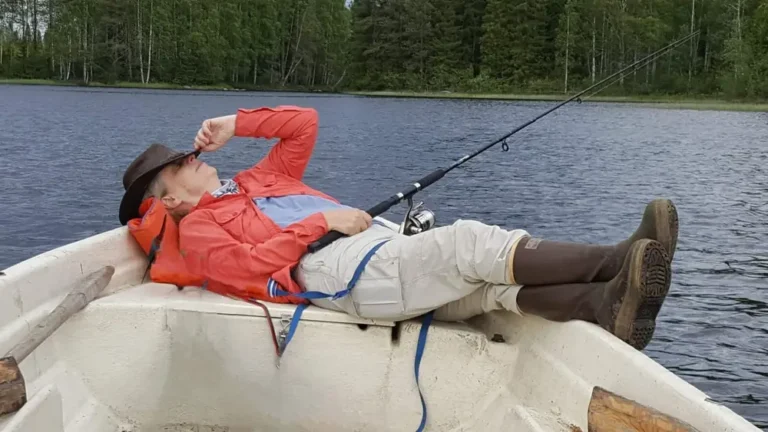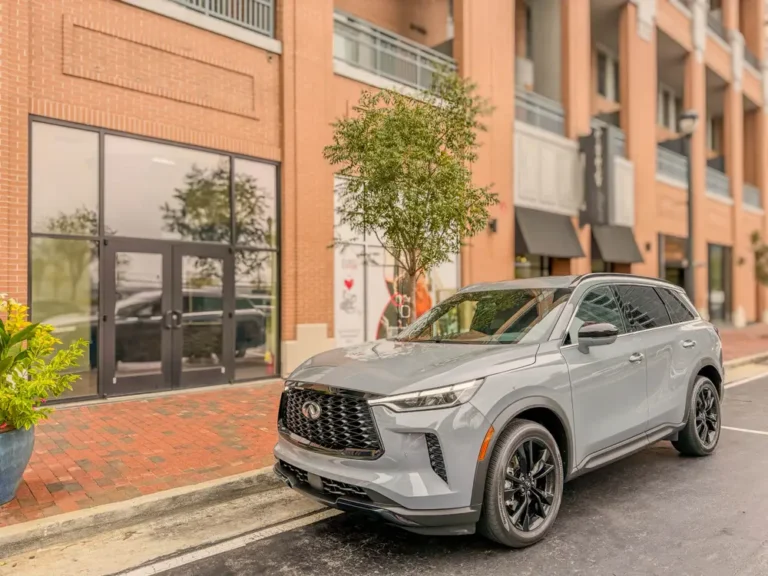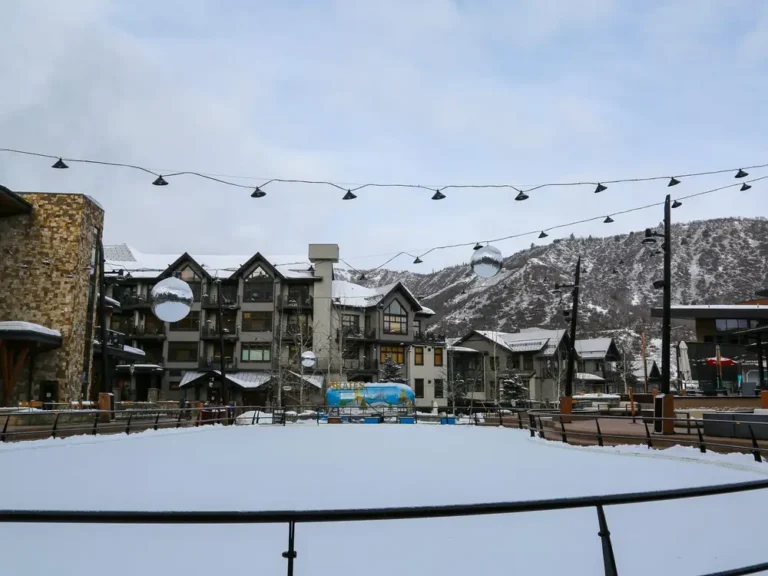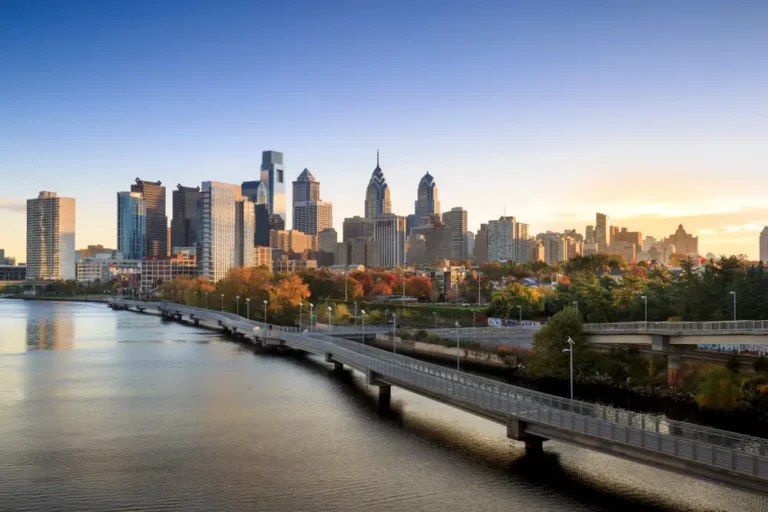7 cities that pay people to move there, including one that offers up to $10,000 in cash to new residents
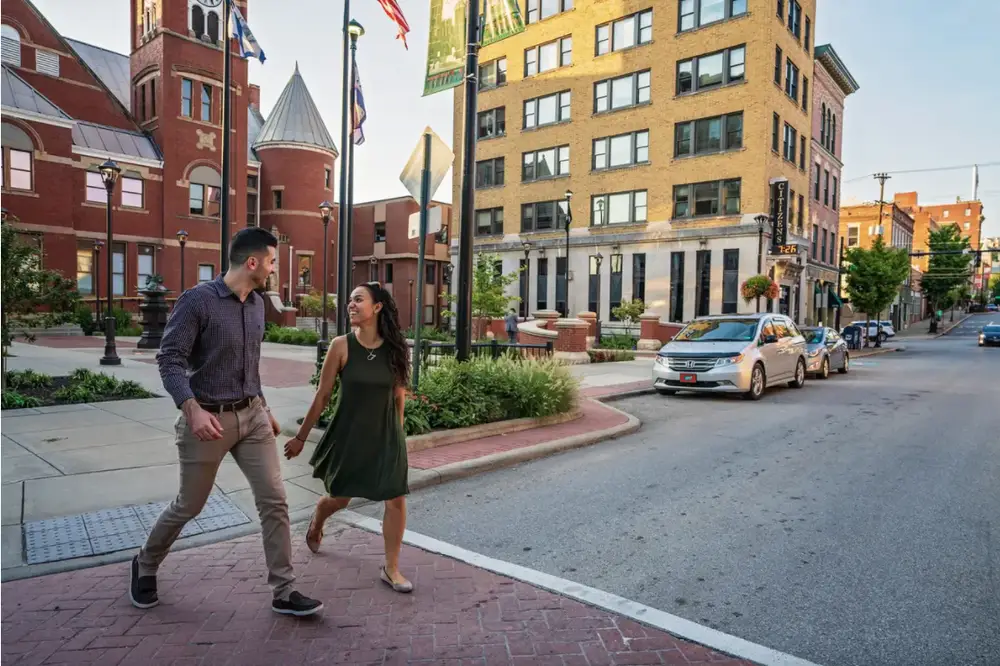
Many Americans are leaving larger cities and states, especially on the coasts, for smaller spots across the US. California lost almost 350,000 people between 2021 and 2022, and some New Yorkers are being priced out.
Meanwhile, a handful of cities and towns around the country want people to move there — so much so that they’re doling out cold, hard cash to some newcomers.
Ryann Cooke took Tulsa, Oklahoma, up on its $10,000 offer to movers.
Cooke, who is in her late 20s and works in social media, moved from Washington, DC, to Tulsa in June 2022. She told us the money is nice, but Oklahoma is also cheaper overall.
“I have a great apartment and I’ve never been able to afford living on my own before, but the cost of living is so much lower in Tulsa than in DC,” Cooke said.
Tulsa’s relocation-incentive initiative, called Tulsa Remote, is perhaps the best-known program of its kind.
The programs, most popular in places in the Midwest and South, have similar goals: attract residents to boost their populations and inject their economies with talent and spending.
Read on to learn more about seven towns and cities that pay people cash to move there, presented in alphabetical order.
Columbus, Georgia
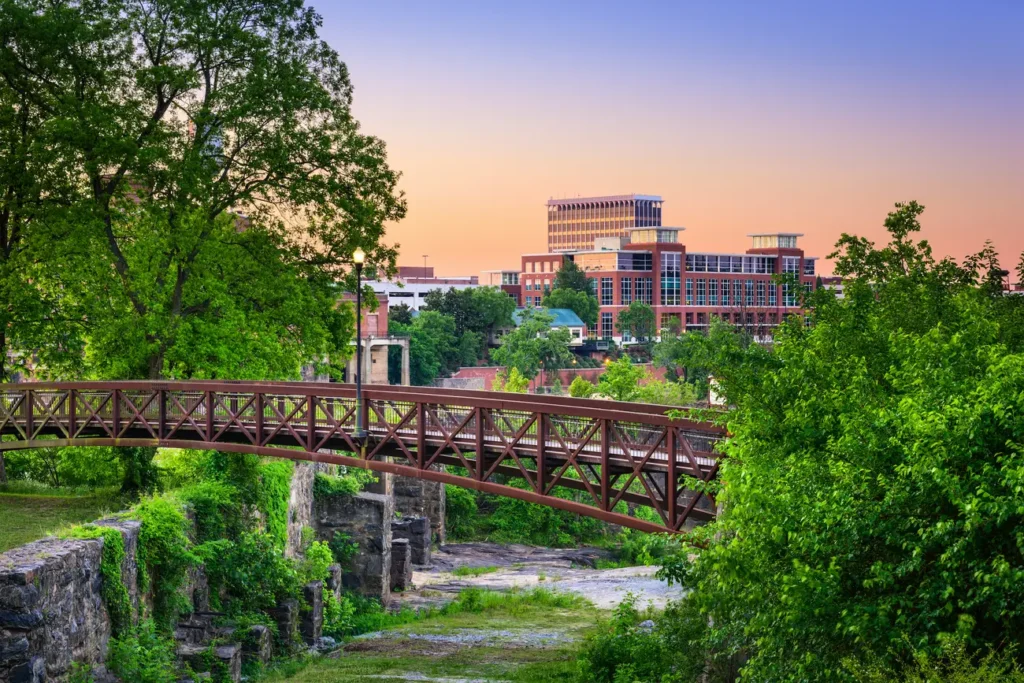
Columbus, a city of just over 200,000 people on the border between Georgia and Alabama, pays some remote workers $5,000 to move there.
To run the program, the city’s chamber of commerce partners with Make My Move, a recruiting platform that helps communities promote themselves.
The $5,000 is earmarked for remote workers who move to Columbus from at least 75 miles outside city limits.
Candidates must be employed full-time remotely, make at least $75,000 a year, and make Muscogee County — where Columbus is located — their primary residence.
Once those requirements are fulfilled, new residents will receive $5,000 toward relocation costs, six months of membership to a coworking space, and an annual “community connection outing,” like ziplining or rafting, among other perks.
Applicants are selected by a committee of local residents.
That bundle of goods must’ve been enough to get people excited as applications are closed for 2024 — but will reopen in January 2025, according to the program’s website.
Lincoln County, Kansas
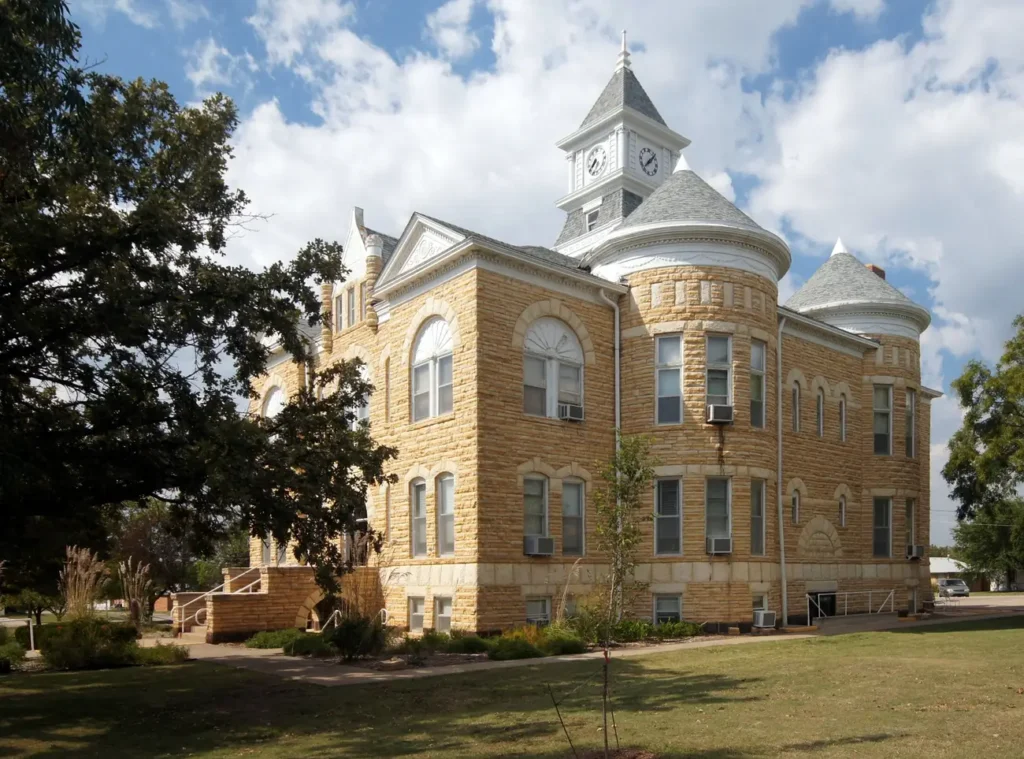
Lincoln County, Kansas — a rural area home to less than 3,000 people about 130 miles north of Wichita — is offering new residents $4,500 cash.
It’s throwing in a $500 credit toward high-speed internet, a gym membership, and a monthly basket of farm-fresh eggs to sweeten the deal.
Participants must be remote workers making at least $50,000 annually who agree to live in Lincoln County for at least a year. They can also qualify for other perks, like a free plot of land to build a home and an additional $5,000 cash if their spouse or partner is hired for a job in the county.
Local leaders hope to grow Lincoln County’s population and economy.
Make My Move and Innovation Center, a Kansas-based economic assistance organization, administer the incentive program, which a Make My Move press release said has already been so successful that 23 other counties are interested in participating.
“The money is just the hook,” Kelly Gourley, executive director of the Lincoln County Economic Development Foundation, said in a statement. “It won’t make someone like where they live; it’s what comes after that makes someone feel good about the move.”
Mississippi County, Arkansas
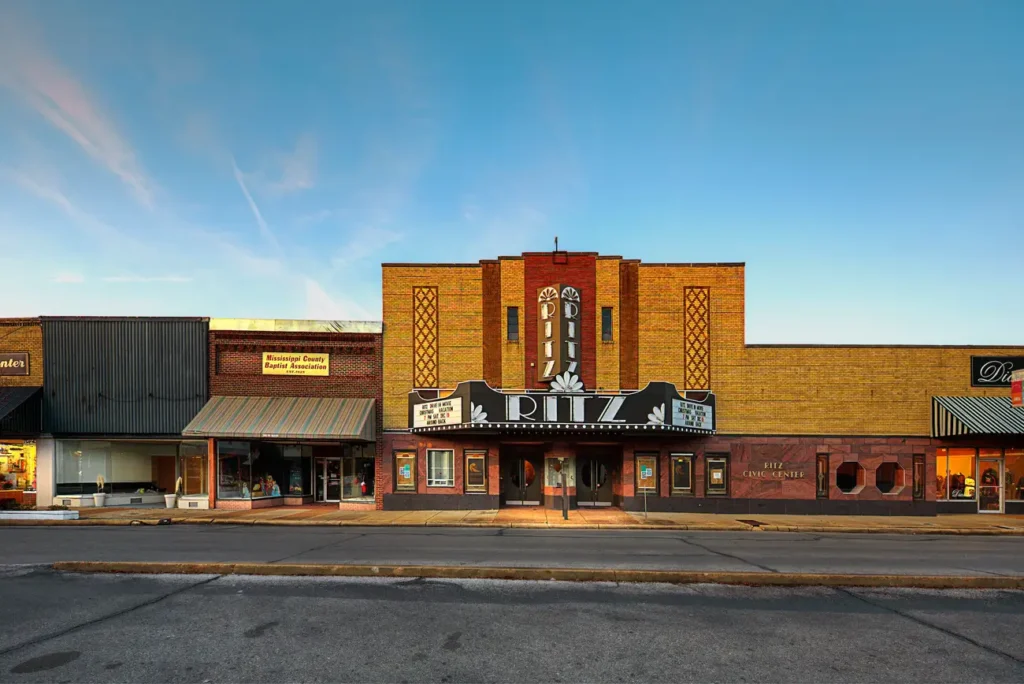
A two-and-a-half hour drive from Little Rock, Mississippi County is offering new and existing residents up to $50,000 toward building or renovating their dream home.
Participants must be employees of participating companies — which include US Steel, Big River Steel, and more — and agree to live in Mississippi County for at least four years.
Since the program launched in fall 2022, the Arkansas county — an area near the Tennessee border that’s home to cities including Blytheville and Osceola — has gained 80 new buyers, many of whom are first-generation homeowners.
Called Work Here, Live Here, the initiative is a collaboration between local industries, community groups, and financial institutions like Farmers Bank and Trust.
“Once we start having a population increase — and there’s no reason we shouldn’t with all the jobs we have created — then the quality of life will follow,” Randy Scott, president of Farmers Bank and Trust, told us. “You’ll get the restaurants, you’ll get the retail shops, you’ll get the amenities.”
Newton, Iowa

Newton, Iowa, a city of just under 16,000 people about 30 minutes outside Des Moines, has a program that gives people $10,000 if they buy a home.
You can’t buy just any home, though — it must be worth at least $240,000. Movers won’t receive the funds until a certificate of occupancy is issued by building inspectors from the City of Newton.
After that, the funds can be used for anything, and people don’t have to live in the house for a set amount of time.
“There are no ‘term of residency’ requirements; i.e., while you must take title to the home, you are not required to remain in the home for any specified length of time,” Craig Armstrong, a development specialist for the city, told us.
Recipients also receive a “Get to Know Newton” welcome package, which includes gifts from local businesses and organizations and is valued at $2,500, according to the city’s economic development arm.
The Shoals, Alabama

A group of municipalities in northern Alabama is seeking remote workers to move there.
The Shoals area is near Alabama’s border with Tennessee and Mississippi. Its four cities — Florence, Muscle Shoals, Sheffield, and Tuscumbia — are all under three-hour drives from big cities including Memphis, Nashville, and Birmingham.
The program, called Remote Shoals, will give remote workers $10,000 to move to the area. The first $2,500 is meant to help with moving costs. Another $2,500 is doled out after six months, and the last $5,000 is given after a full year.
Eligible applicants must be over 18 and able to move to the region within six months. They must also be employed outside the area and have a minimum annual income of $52,000.
Applications will reopen in September 2024.
Tulsa, Oklahoma

The Tulsa Remote program has already seen plenty of success since its launch in 2018.
The program gives eligible movers $10,000 that can be used toward purchasing or renting a home in Tulsa and $500 toward travel reimbursement. On top of that cash, it also will give potential movers a $150 Airbnb credit to familiarize themselves with the city before moving.
As of 2022, Tulsa Remote had moved more than 1,400 people to Oklahoma. Some participants chose Oklahoma over Texas or Georgia.
To qualify for the program, applicants must be over 18, live outside Oklahoma, have a consistent stream of income, be able to work remotely, and promise to commit to moving to and living in Tulsa for at least one year.
West Virginia
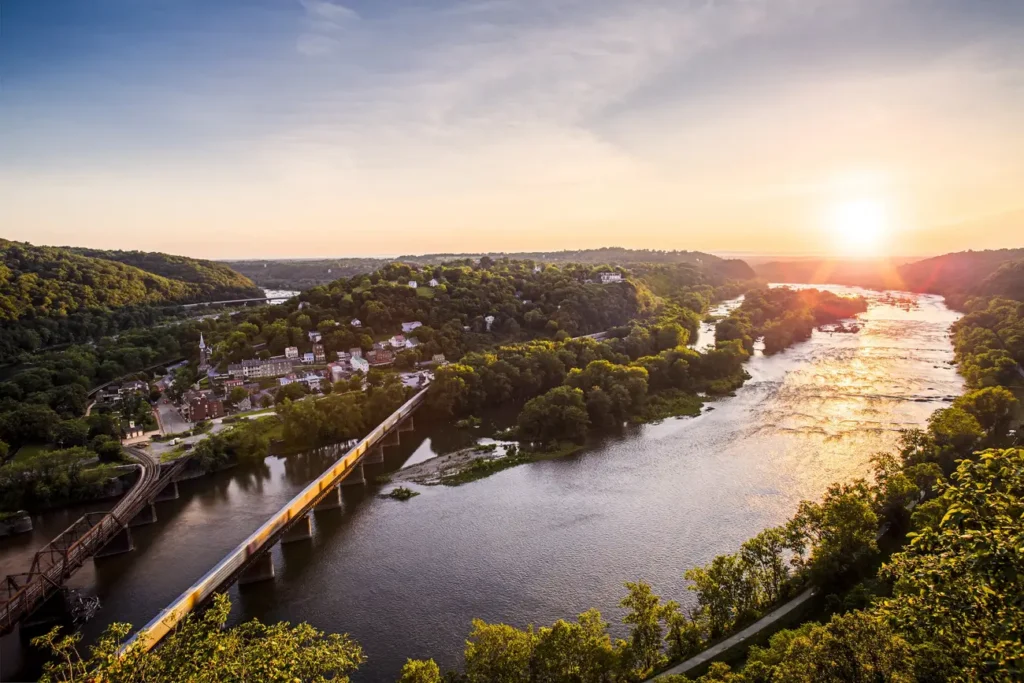
West Virginia’s Ascend WV program launched in April 2021.
As of June 2024, the program said it has lured 295 residents to the state — called “ascenders” — plus 272 of their family members.
The program initially launched in Morgantown — a college town home to West Virginia University — and has since expanded to five total communities in West Virginia: New River Gorge, Greenbrier Valley, Eastern Panhandle, and Greater Elkins.
Participants receive $10,000 paid in monthly installments throughout the first year of moving, and the final $2,000 after the second year of living in West Virginia.
The package comes with other incentives like free access to coworking space, two years of free outdoor gear rental, and a year of free outdoor recreation — which is valued at over $2,500, according to Ascend WV.
Potential residents must be 18 years or older, able to verify their remote employment, and willing to move to West Virginia for two years to be eligible.

